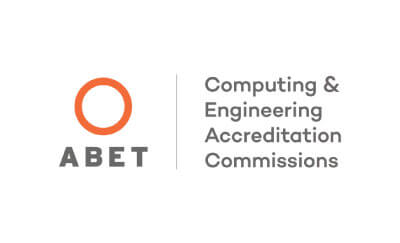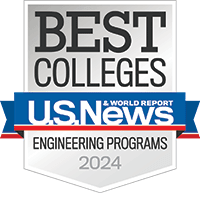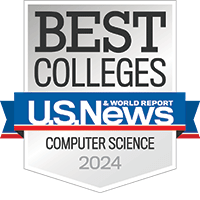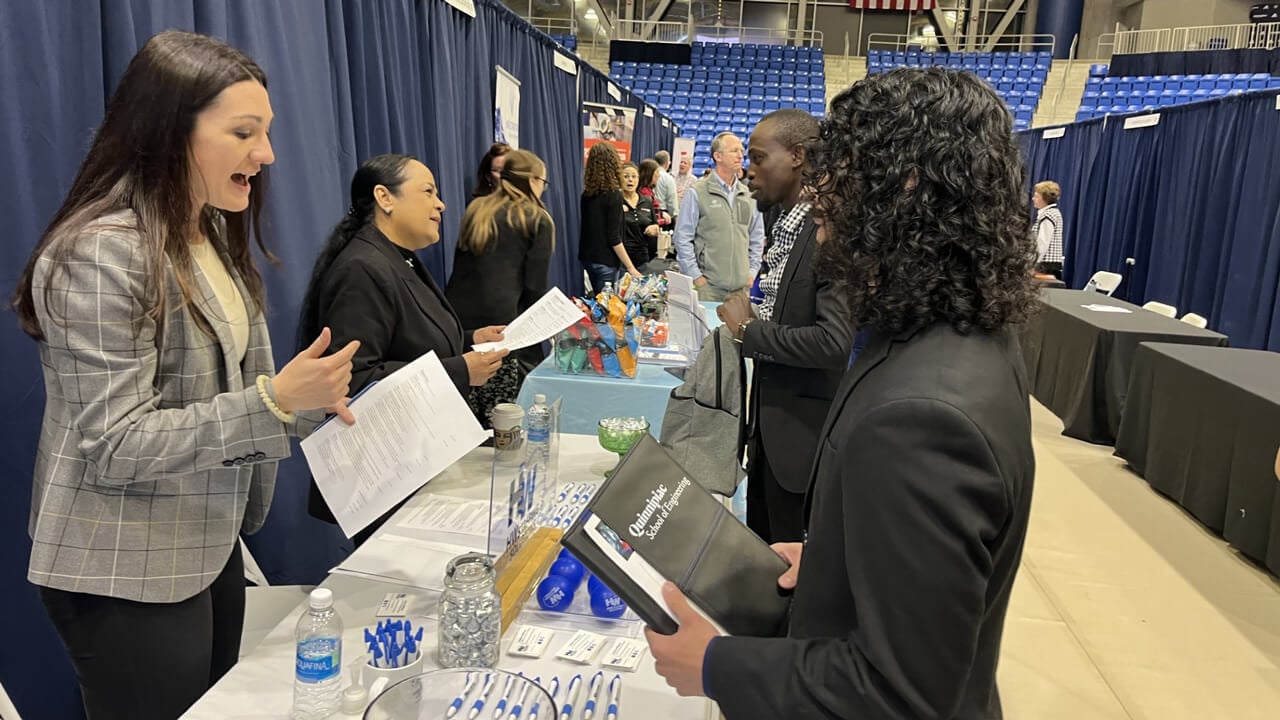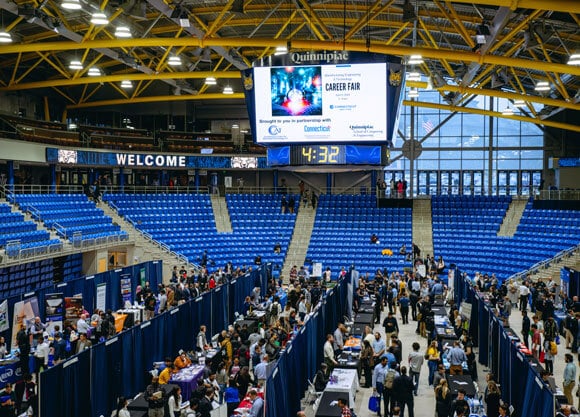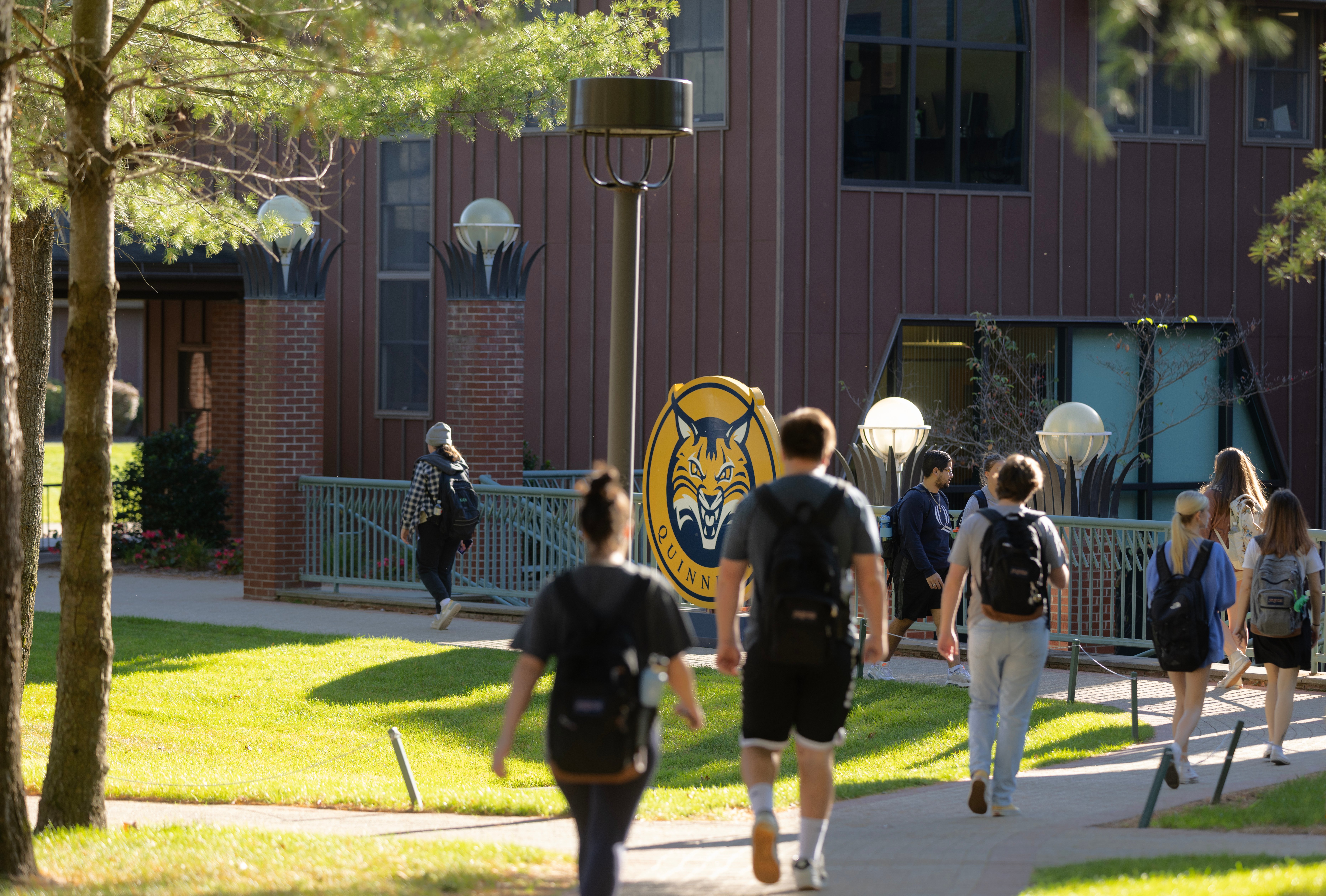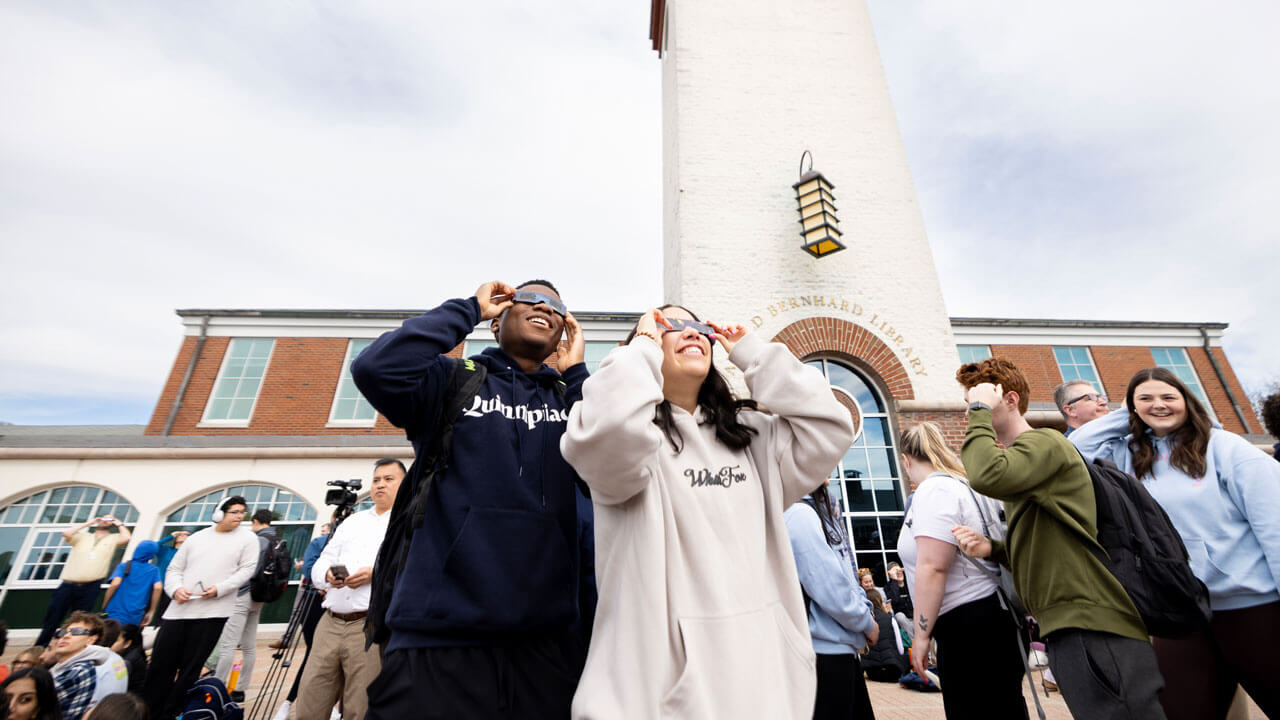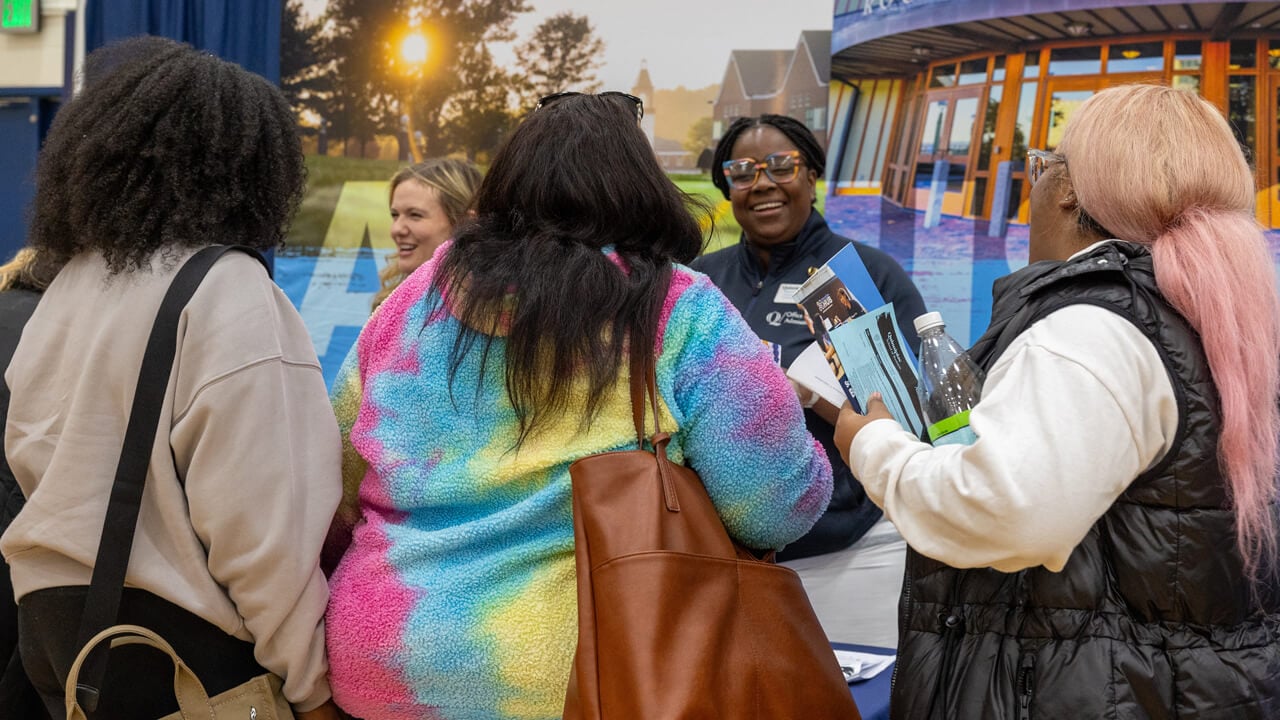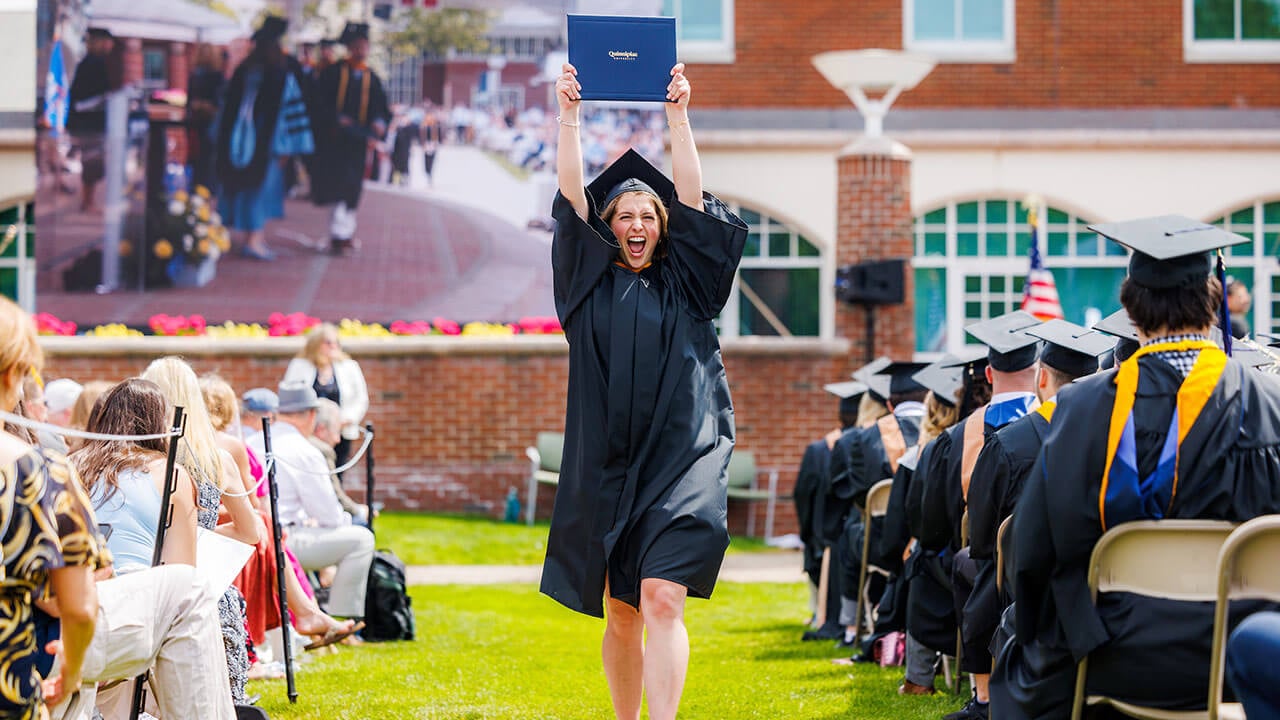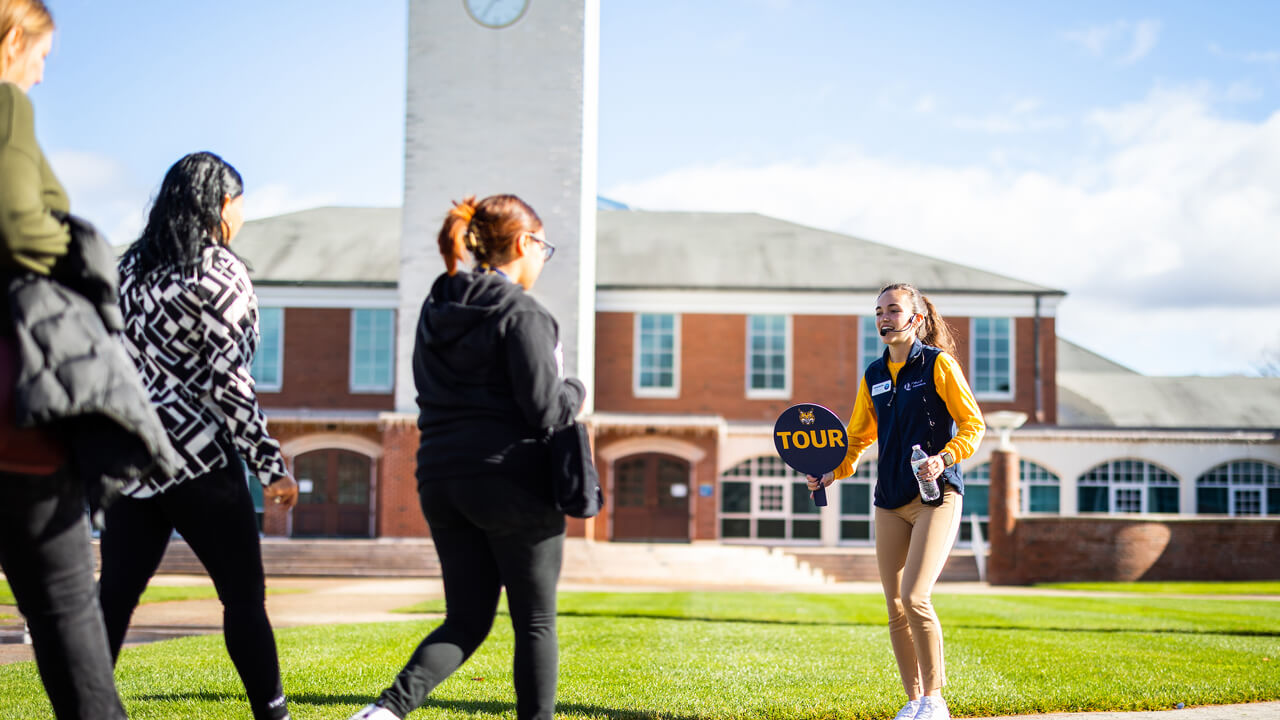May

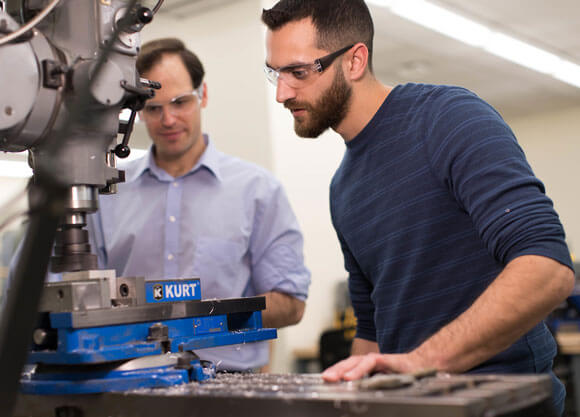
School of Computing and Engineering
Our School of Computing and Engineering prepares you to take on the technological, scientific and logistical obstacles of the 21st century. With an interdisciplinary approach that combines heavy collaboration, hands-on learning and cutting-edge facilities, we'll help you become an expert and innovator, a builder and technician, and, of course, a creative thinker and problem-solver.
School by the Numbers
Don’t just change the world — make it
Our faculty members are practicing engineers who are passionate about what they do. They know how to unlock that same passion in their students. Under their guidance, and alongside dedicated peers from other engineering backgrounds, you’ll do more than solve complex problems. You’ll develop new ideas and find new ways to approach the world's challenges.
We emphasize innovation, safety and sustainability in each of our programs. Moreover, you'll have many opportunities to put these values into practice. Special partnership programs, exciting internships with top manufacturers and service learning trips around the globe are just a few ways you'll bridge the gap from engineer-in-training to engineer-in-practice.
The tools are all here. It’s time to put them to use.
Unveiling the name of our new academic building
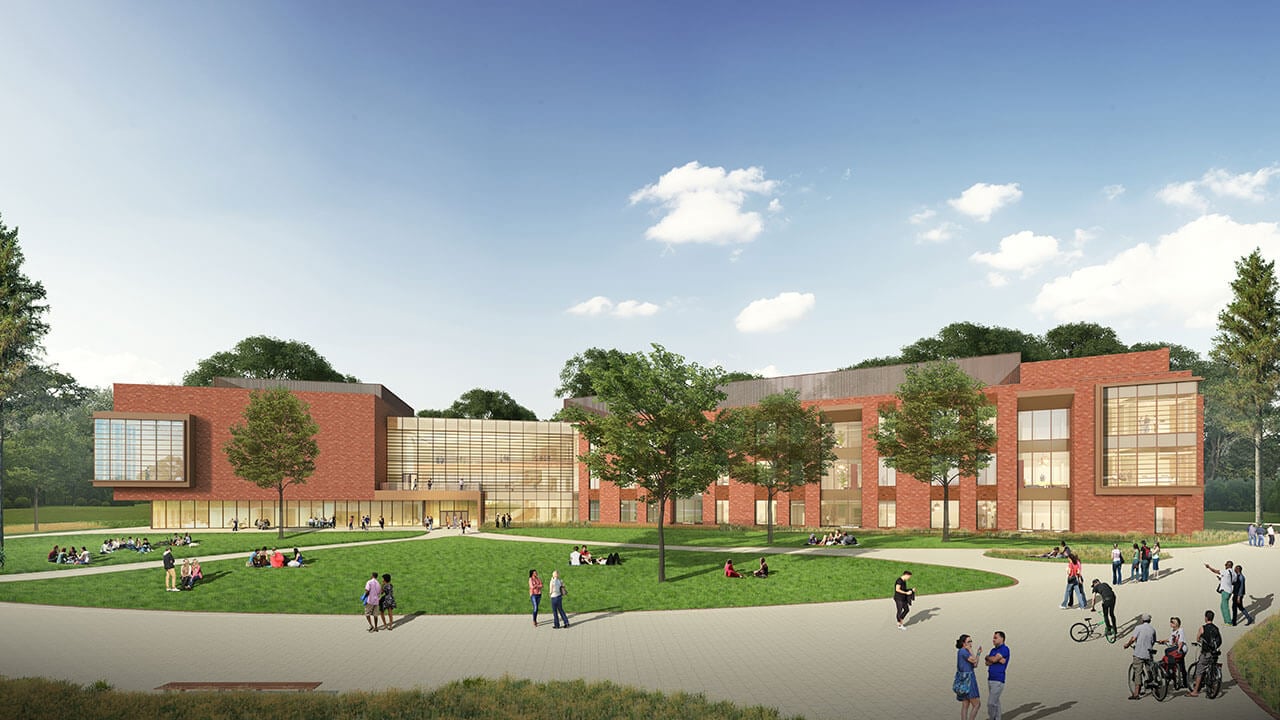
The SITE is designed to maximize student-faculty collaboration, exploration
January 22, 2024
Recognized among the best
Our mechanical, civil, industrial and software engineering programs are accredited by the Engineering Accreditation Commission of ABET, which means they meet the highest standards of engineering education in the country.
The BS in Computer Science program is accredited by the Computing Accreditation Commission of ABET. Through exposure to existing and emerging technologies, interdisciplinary projects and innovative practices, we prepare our graduates to lead the way in innovation, emerging technologies, and in anticipating the welfare and safety needs of the public.
Our Reputation
Explore our computing programs
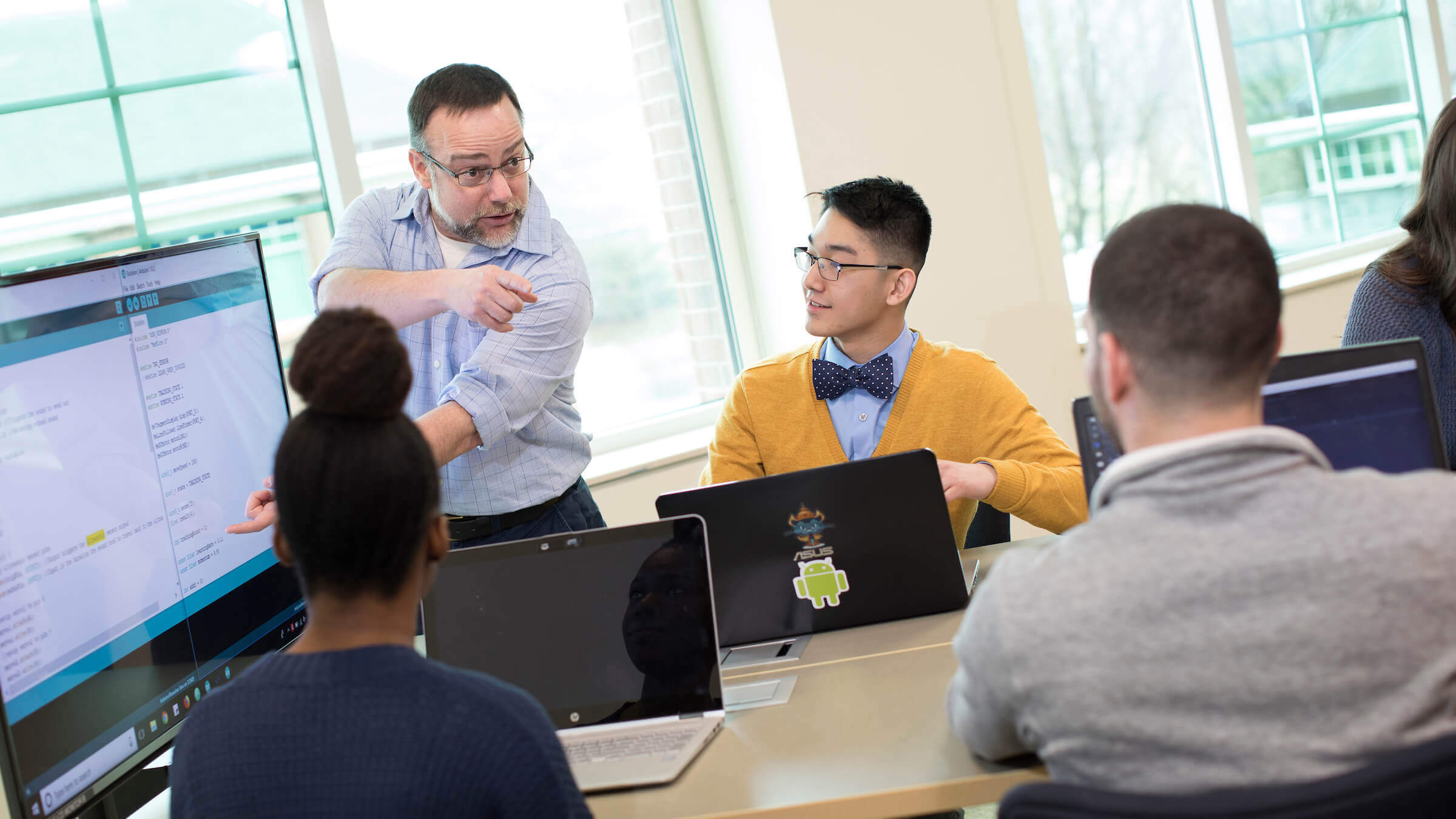
Tackle the challenges of the 21st century
Careers in computing and information technology continue to experience tremendous growth, outpacing nearly every other profession. Our diverse lineup of computing-based academic programs — from computer science to cybersecurity and everything in between — places you at the forefront of that growth, unlocking nearly endless career pathways. If you’re interested in becoming a software developer, video game designer, UX specialist or an information security expert, we have the program for you.
Student Spotlight: Computing and Engineering
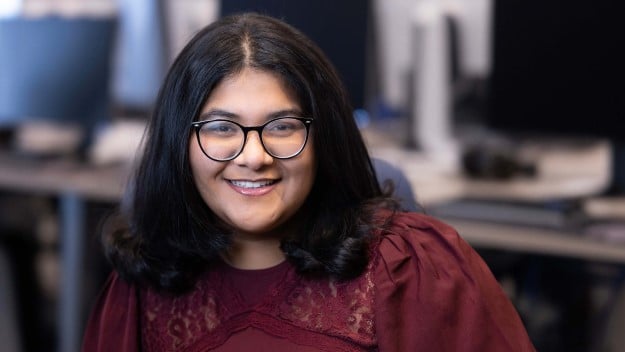
Quinnipiac student named 2023 National Engineering Intern Student of the Year
Quinnipiac student Hephzibah Rajan ’23, a computer science major from Muscat, Oman, has been named the 2023 National Engineering Intern Student of the Year by the American Society for Engineering Education (ASEE).
The award is presented by the Cooperative and Experiential Education Division of the ASEE. Rajan was recognized for her summer internship with CVS/Aetna.
“I interned with Aetna over the summer after my junior year,” Rajan said. “Initially, I worked on code maintenance which in simple terms is reading code and making sure that each line was being run. I was essentially increasing code coverage. Over time, I started picking up other tasks as well. I learned about their machine-learning models and was also able to propose an alternative method for one of their projects with the help of my mentor."

Launching Soon: Hands-on Learning in our Advanced Simulation Center
Hartford HealthCare Strategic Partnership
As part of an innovative and strategic partnership with Hartford HealthCare, Quinnipiac University will soon unveil a state-of-the-art simulation center on our North Haven Campus. Once completed, students within the School of Computing & Engineering will be able to live-test the medical devices they develop as part of their senior capstone projects in a near-active healthcare environment, paving the way for our students to design the solutions to the medical challenges of tomorrow. In addition to the new simulation center, students within the School of Computing and Engineering will benefit from an updated curriculum leveraging Hartford HealthCare’s expertise and resources as well as expanded opportunities to secure internships and experiential learning opportunities within the Hartford HealthCare ecosystem. There will be cutting-edge learning opportunities for students such as:
-
Live-testing sophisticated medical devices developed as part of senior capstone projects.
-
Designing solutions to the medical challenges of tomorrow.
Grand Challenges
The School of Computing and Engineering's curricula is recognized by the National Academy of Engineering’s “14 Grand Challenges for Engineering,” a call to address the problems facing the world in the 21st century. Behind everything we do in the School of Engineering is an emphasis on improving sustainability and quality of life for all people. Students also have the opportunity to participate as a Grand Challenges Scholar by completing the program's five competency areas. Students who participate in this program receive an additional certification recognized by the National Academy of Engineers.
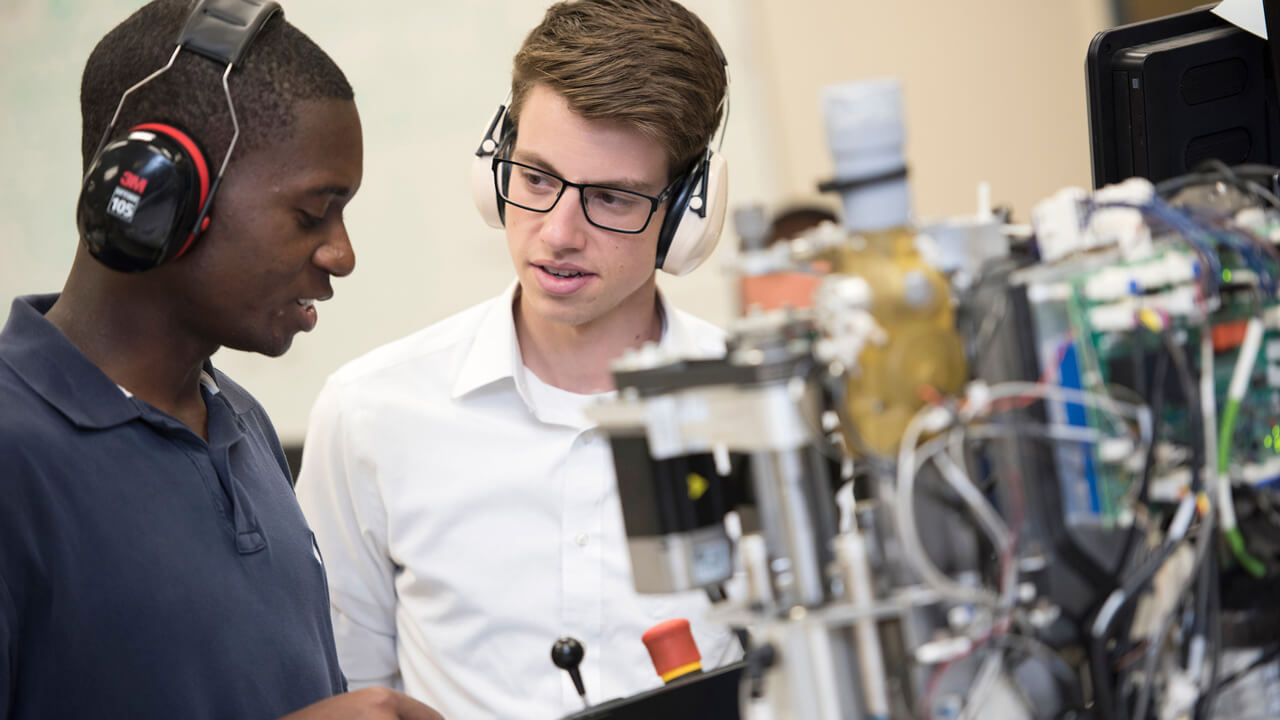
Attend an Event
Connect with Us on Social Media Join the Conversation
Contact the School of Computing and Engineering
We’re always here to help provide additional information and answer any questions you may have.
Keep up to date with the latest information about the School of Computing and Engineering.
Quinnipiac Today Events Calendar
